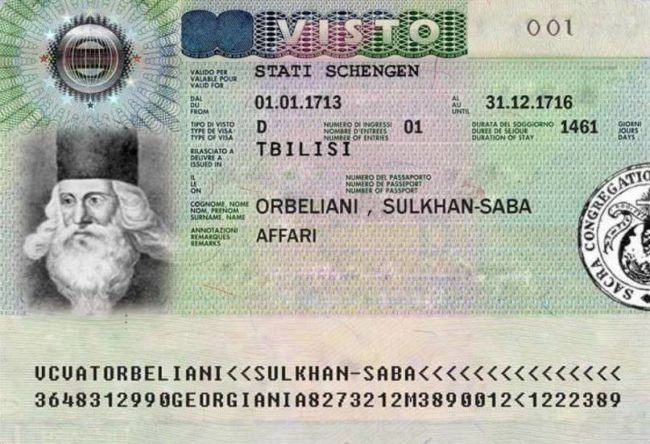
Hungary blocking non-lethal military aid to Armenia over lack of support to Azerbaijan
Hungarian Foreign Minister Péter Szijjártó gave his statement during the Yerevan Dialogue Forum.


 Citizens of Georgia with biometric passports will be able to travel to countries in Europe’s Schengen Area without visas as of 28 March.
Citizens of Georgia with biometric passports will be able to travel to countries in Europe’s Schengen Area without visas as of 28 March.
Georgian nationals will be able to travel to the 26 Schengen countries, as well four countries applying for Schengen membership for 90 days within any 180-day period for any purpose other than work, without obtaining a visa in advance.
Negotiations on visa liberalisation for Georgia started back in 2008 as part of the Eastern Partnership Programme. Since then, visa liberalisation has been eagerly anticipated in post-soviet Georgia, which has been seeking closer ties with the EU against a background of creeping Russian influence.
The Schengen Area is composed of 22 of the 28 EU member States, with Bulgaria, Croatia, Cyprus, and Romania in the process of joining. Non-EU Iceland, Liechtenstein, Norway, and Switzerland are also members. EU members the UK and Ireland are not part of the Schengen Area, and the agreement will not affect Georgians travelling to these countries.
European leaders congratulated Georgia, and Prime Minister Giorgi Kvirikashvili called 28 March a ‘historic day’ and said that Georgia is ‘returning to the European Family’.
Georgian’s celebrated the news online, granting 18th century Georgian pro-Europe thinker his very own Schengen visa.

A visa-suspension mechanism, which also came into force with the visa-free regime, can be activated if Georgia breaks rules of the agreement.
According to this, the visa free regime can be suspended if a significant number stay for longer than the permitted 90 days, make multiple asylum requests, or pose an increased risk to internal security.
If such problems persist, the suspension can be extended up to 18 months, at which point the European Parliament will become involved and continue a more complex procedure.